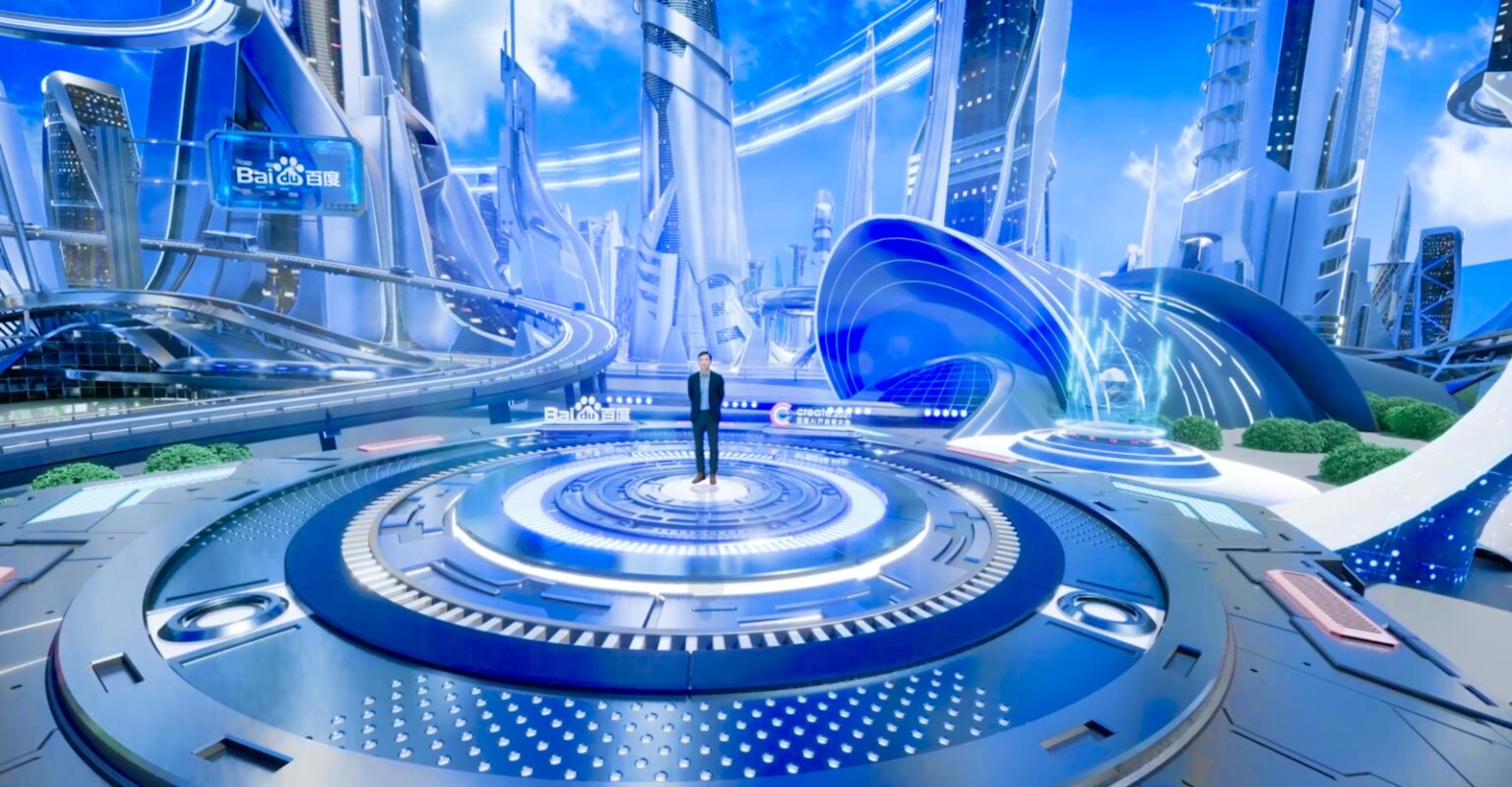In China the metaverse has been taking shape from the ground up with the driving force of young people. The word “metaverse,” invented by science fiction writer Neal Stephenson in his 1992 novel Snow Crash, today refers to a planned immersive version of the internet that may be accessed by virtual reality headsets, augmented reality glasses, phone applications, or other devices.
The two technology entrepreneurs addressed how China’s Gen Z, those born in the 1990s and 2000s, is altering China and affecting the globe at SXSW 2022, an annual agglomeration of film, music, high-tech, and interactive media festivals and conferences in Austin, Texas.
“They are harnessing their confidence and the concentration on individual accomplishment to collectively transform China’s standing on the world arena,” Ma added, referring to the large number of Gen Z members in China and their intrinsic confidence.
Gen Z has turned “made in China” to “designed in China”
“Made in China” has given way to “designed in China,” according to Ma. In China, parts of a metaverse are already rising up, and Gen Z may hint to where the future is heading. Gaming and esports have gone from niche to mainstream, garnering millions of enthusiasts.
Last year’s final match of the team game League of Legends was discussed by Ma. On Bilibili, China’s version of YouTube, around 500 million people watched the broadcast. In 2018, the soccer World Cup, the world’s largest athletic event, with an average live audience of 517 million people.
In China, virtual beings as influencers are also getting popular, according to Nixon
Virtual key opinion leaders are what they’re called, and according to Bloomberg, their sector in China grew 70% from 2017 to $960 million last year.
“Their mostly Gen Z and millennial audience now numbers about 390 million,” Nixon added. Liu Yexi, a virtual beauty guru who can catch devils, was launched in November on TikTok’s China counterpart Douyin as China’s newest popular virtual influencer. Her debut video used both virtual and real-life characters and situations.
The metaverse, according to Nixon, is “just the confluence of virtual, physical, and augmented worlds,” and Liu Yexi, a virtual influencer, is already the merger of both realities.









 and then
and then